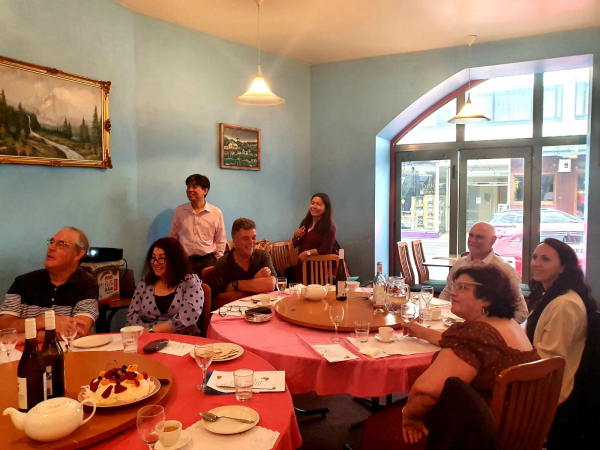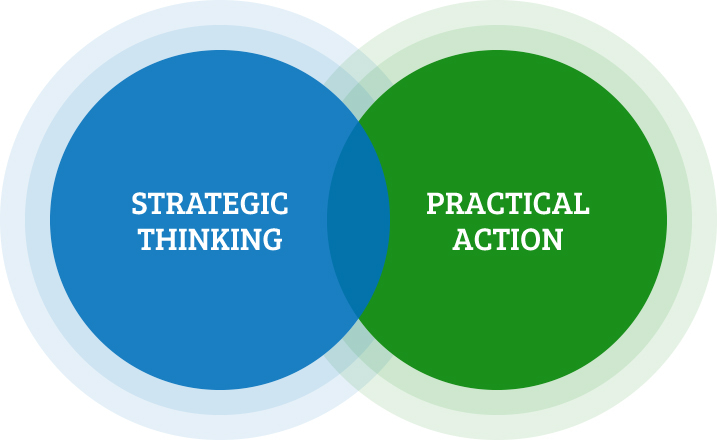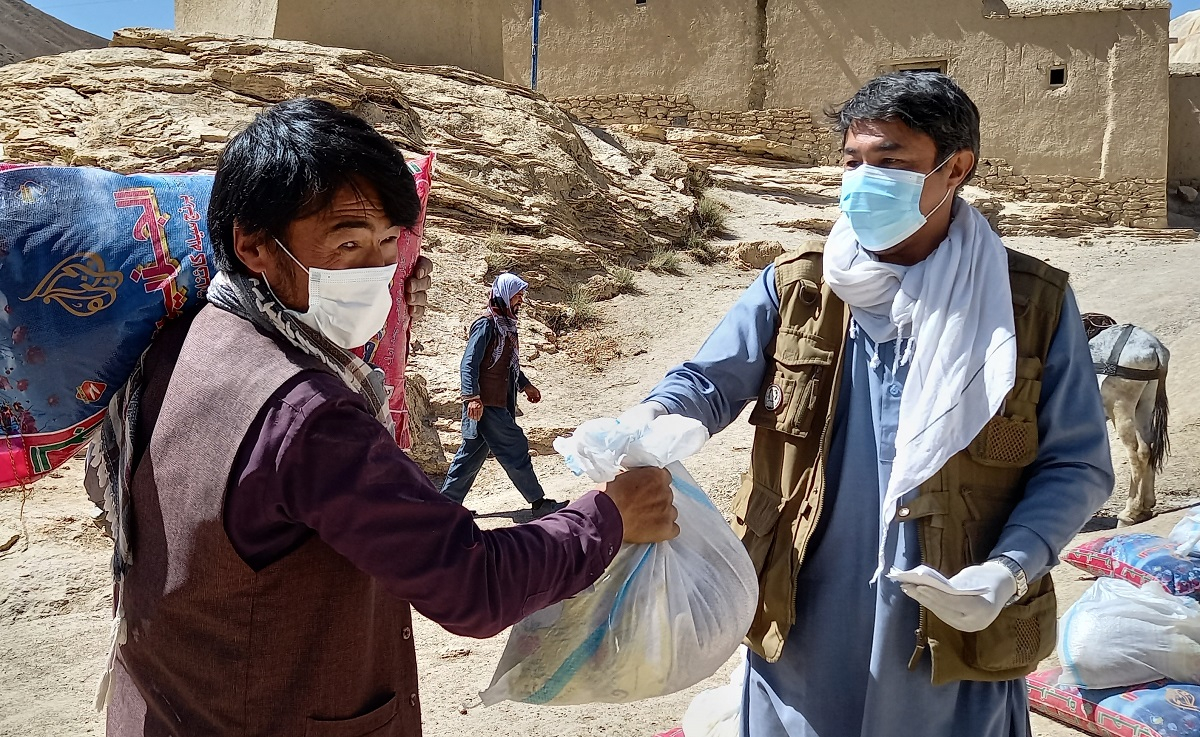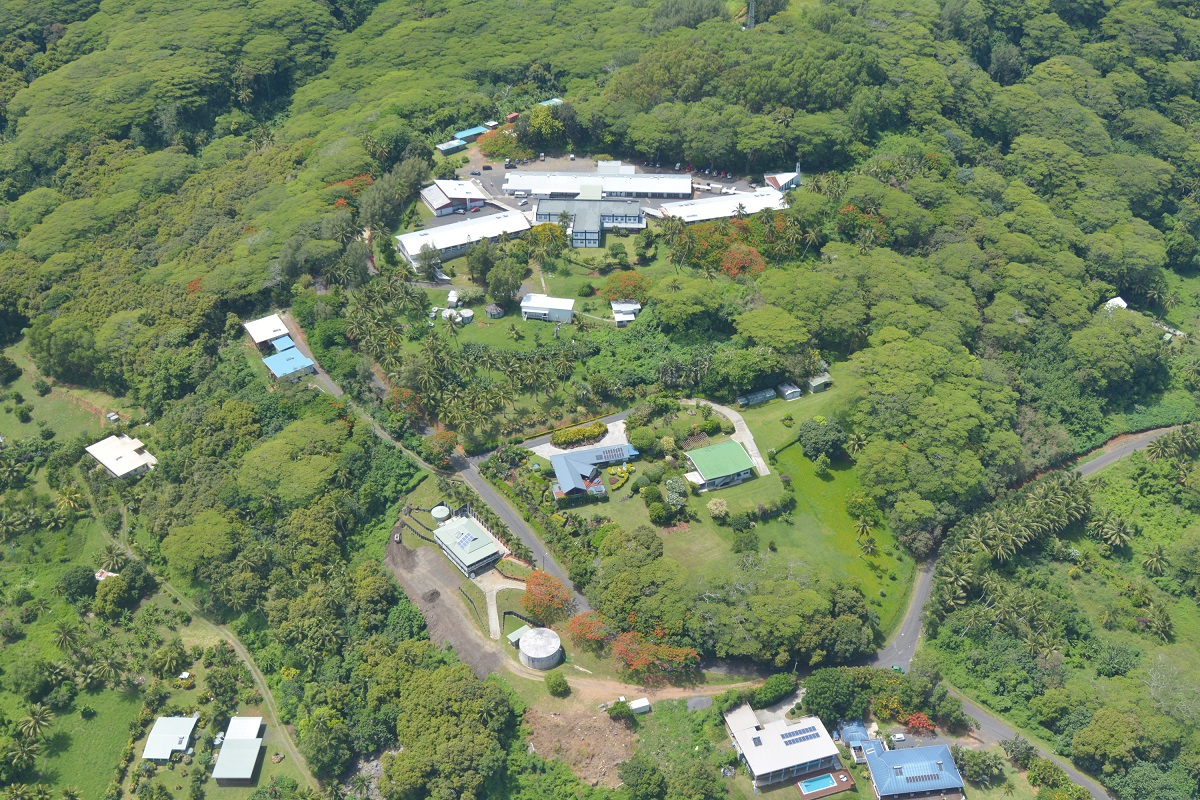News
Season's greetings

A warm season’s greetings to all our business associates and friends! Wishing you a safe and happy festive season ahead.
Once again it has been a busy year for the Prime Group. As many other companies have experienced, our operating environment has been affected by ongoing impacts from the COVID-19 pandemic, and the conflict between Russia and Ukraine. Despite these global events, the world has opened up and started moving again – travel has become increasingly easier over the past few months, conferences are happening, and pandemic-delayed projects are back on the table.
We’ve been back out there connecting with people face-to-face, working directly with communities, organisations, and businesses – and we’re looking forward to 2023, as we continue to engage in solutions for some of the world’s most pressing issues. In this vein, we joined the International Stability Operations Association (ISOA), which is leading us to look more deeply at stability issues in Eastern Europe and other parts of the world.
We also welcomed new members to our team in 2022, including Justine Rukeba, Prime’s new Chief Growth Officer, based in Dubai, and Paul McLaren, Business Manager for Nimmo-Bell & Associates, based in Tauranga, New Zealand. In addition, Sarah Young will now support communications and business development work from her base in Wellington, New Zealand, and we also welcomed new consultants and local staff to various new and ongoing projects across the globe.
Some of our team were fortunate to gather in Wellington recently (pictured above), to sample excellent produce from several of the industries we worked with this year – from delicious grass-fed Wagyu short ribs to low/no alcohol wines. We took some time to reflect on Prime's achievements and ongoing work from 2022, which we’ve summarised in a snapshot below.
So thank you to everyone who joined us on the journey to enabling sustainable, beneficial, and high-impact change in 2022 and we look forward to working with you again on exciting projects in the new year!
2022 Snapshot
Projects completed
Integrated Urban Development in Three Cities of Uzbekistan
The planning phase of this ADB-funded project concluded successfully in 2022 and is now moving to implementation, with our team having helped shape the design of what will be created. This included preparing technical feasibility studies and conducting due diligence for a 'long list' of potential urban investment subprojects in areas including roading and water infrastructure development, and parks and greenspaces for example. The focus was on sustainable urbanisation, resulting in more economically competitive and liveable cities. The three cities involved are Khiva, Djizzak, and Yangiyer.
Supporting T&C Consulting Hanoi to Update a ‘One Health’ Plan for Vietnam
In 2022, we supported the development of a plan to mitigate risks to human, animal, and environmental health of emerging pests and diseases in Vietnam; with particular reference to diseases transmissible to humans. This work was funded by the European Union. The plan aims to guide related activities over the next five years, within an overall strategic framework. The COVID-19 pandemic has reinforced the importance of the One Health approach to reduce risk of 'spillover' diseases.
Delivery of Emergency Food Supplies to Displaced Families in Afghanistan
When the Taliban took control of Afghanistan in August 2021, many families fled to Kabul or remote mountainous areas in the country, where they were living in makeshift informal camps. Our team organised and delivered emergency food supplies to these families, in partnership with New Zealand-based humanitarian organisation ReliefAid. In late 2021 and early 2022, our team were also involved in assisting with the extraction and expatriation of people working for New Zealand programmes who received special visas to leave the country.
Above: Food being delivered to Bamyan Province, Afghanistan by members of the Prime team in conjunction with ReliefAid.
Cost-Benefit Analysis of the National American Foulbrood Pest Management Programme
The New Zealand beekeeping industry operates a levy-funded control system to manage American Foulbrood, a destructive infectious disease of bees. The industry’s levy mandate was expiring so the team undertook a cost-benefit analysis to support an application for its extension. The final report was completed in August 2022.
Final Evaluation of the Primary Growth Partnership (PGP) Lighter Wines Programme
In December 2022, our team completed a review of the PGP Lighter Wines Programme, a venture created between the New Zealand Winegrowers industry body and about 17 wine companies, co-funded by MPI under its Primary Growth Partnership (PGP) model to explore how high quality, low or zero alcohol wines could be produced naturally or through alcohol extraction. There have so far been three major commercial successes amongst the winemakers involved, including award winning wines from The Doctors, Giesen Wines, and Kim Crawford wines.
Mycoplasma bovis: Measuring the Economic Impacts of Biological Incursions with M.bovis as a Case Study
In May 2022, we finalised this project, which developed a decision-support model for determining the economic outcomes of different scenarios in controlling unwanted biological incursions.
Ongoing and new projects
Zambia Dairy Transformation Programme (ZDTP)
A two-year extension to the Zambian Dairy Transformation Programme (beginning in January 2022) was a welcome vote of confidence and opportunity to extend the impact and sustainability of work across the whole country.
Now a seven-year programme in total, the additional time has allowed the team to implement a number of legacy products, including a sustainable e-learning platform where people can access the materials developed over the course of the programme at any time, and a Real Time Monitoring (RTM) financial benchmarking system for farmers that helps them see the direct impact of improvements on costs of production and efficiency, review their financials, identify further opportunities for improvement, and benchmark against their peers.
By connecting in a needs-based way and working as partners to help development, our market systems approach continues to address gaps and embed better farming practices and greater local capability and resources in a sustainable way – for example, enabling microfinance packages to purchase equipment needed to help produce silage.
Our Champions of Change 'train-the-trainer' model has already trained 40 people to date. This three-day course for government agencies, NGOs, and other organisations working with farmers develops 'coaches' who can continue to transfer knowledge, improve technology, and share better ways of doing things. This transformational programme, which also teaches the psychology of teaching and learning, the best ways to diffuse innovation and enable change, and further skills to engage people and what they already know to help them do even more, has created a growing, connected network of coaches all using the same approach to extend positive changes throughout the industry.
In this way, we can create enough critical mass and momentum to ensure the changes we pioneered and improved in the first phase can now become more widely and readily adopted, embedding this new knowledge in communities and taking smallholder dairy farming to the next level.
We’ve also been undertaking policy and strategy work with the Dairy Association of Zambia and government Ministries to help them continue to improve the sector for farmers, and channel future investment productively.
Above: Filming being undertaken for an instructional video produced in 2022 as part of the Zambia Dairy Transformation Programme.
Greenhouse Gas Inventory for Zambia
In the last 12 months we have been undertaking a Tier 2 greenhouse gas (GHG) inventory for cattle in Zambia. The project is sponsored by the New Zealand Agricultural Greenhouse Gas Research Centre along with the Zambian Ministry of Fisheries and Livestock and Zambia Environmental Management Agency.
The aim of the project is to determine a baseline for cattle greenhouse gas emissions in Zambia. Importantly, our team in Zambia is sharing their knowledge and skills to build the long-term capability of both Zambian counterparts across GHG inventory accounting, climate smart agriculture and mitigation strategies.
Afghanistan Value Chains – Livestock (AVC-L) Project
This USAID-funded programme continues, with an extension granted until June 2023. Our local team of 21 staff are working across the value chain in Afghanistan’s provinces, helping to develop agri-businesses selling meat, dairy, poultry, honey, wool and cashmere products, and address longstanding growth challenges in these sectors. The ultimate aim is to leave behind self-sufficient companies.
The project is being implemented by a consortium led by USA-based firm Development Alternatives Inc. (DAI), with Prime bringing technical depth and operational resources, particularly in relation to food safety, processing, private sector business acumen, and livestock product marketing.
Portfolio Managers, employed from members of the Afghan community, assess what the firms require and help design the support packages for AVC-L to put in place to help them achieve sustained growth. For example, depending on the sector, a support package might include technical expertise from an expert in honey production or a specialist in dairy processing.
In the current operating environment, the focus for many businesses is on survival rather than growth. AVC-L has been an important source of expertise to assist that.
Resilient and Healthy Cook Islands Communities (Rarotonga, Cook Islands) – Green Climate Fund, Project Preparation Facility (PPF)
In the Cook Islands, our team is helping the Government to prepare a Green Climate Fund application for funds to mitigate climate impacts on its health infrastructure. Many health clinics and hospitals in the country are vulnerable to storms, cyclones, sea level changes, water shortages, changing rainfall patterns, increasing temperatures, and other physical climatic impacts, affecting delivery of healthcare services.
The project aims to enhance the capacity of the Cook Islands' health system to protect and improve population health in an unstable and changing climate, by enhancing institutional and stakeholder capabilities and implementing preventative measures, such as small infrastructure works and availability of relevant data, to reduce health impacts from climate change in communities.
Work began on the application in October and will be complete in March 2023.
Above: Rarotonga Hospital in the Cook Islands.
Building a 'One Health' Approach for Central Asia
The World Bank is supporting Central Asian countries to create a 'One Health' approach and framework for action. Our team will be involved in developing this framework, which seeks to improve productivity and the trade of animals and animal products, enhance the region’s preparedness and response to disease outbreaks, including pandemic prevention, and generate savings from sharing crucial information on animal and human health.
You can read about why a One Health approach is so crucial for Central Asia here.
Evaluation of the Primary Growth Partnership (PGP) W3: Wool Unleashed Programme
In December 2022, our team completed the initial findings from a review of a seven-year PGP programme to revitalise the strong wool sector and develop new uses and users of the product. Traditionally used in carpets, the product has been in decline for many years and is now being repositioned into better value markets, including for products such as rugs and furnishings for major international homeware chains.
A new composite product utilising strong wool ('Keravos') effectively deconstructs wool to turn it into an industrial raw material that can create bespoke wool fibre composites with a wide variety of base polymers from nylon to bio-based materials, offering a sustainable alternative to petrochemical based plastics, with additional value-added properties (see https://www.shear-edge.com/keravos-technology).
Evaluation of the PGP Pioneering to Precision Programme (Fertiliser Application)
This innovation project aimed to ascertain how remote sensing could help apply fertiliser more accurately on hill-country farms, creating a much more efficient and environmentally-friendly application method using a variable rate spreading system driven by different algorithms. The fertiliser is only applied where absolutely needed and avoids areas such as waterways. Our team completed a review and authored an initial findings report in December 2022, outlining lessons learnt and how to build on the value created from this innovation.
Evaluation of the PGP Sheep – Horizon Three
Our team were also involved in the review of a further PGP progamme, this one focused on developing a sustainable and high value New Zealand sheep milk industry.
Research on Food Security for the Primary Sector
In December 2022, we commenced a project undertaking research on food security in the primary sector in New Zealand. This work will determine ways to mitigate supply-side shocks to food production.






